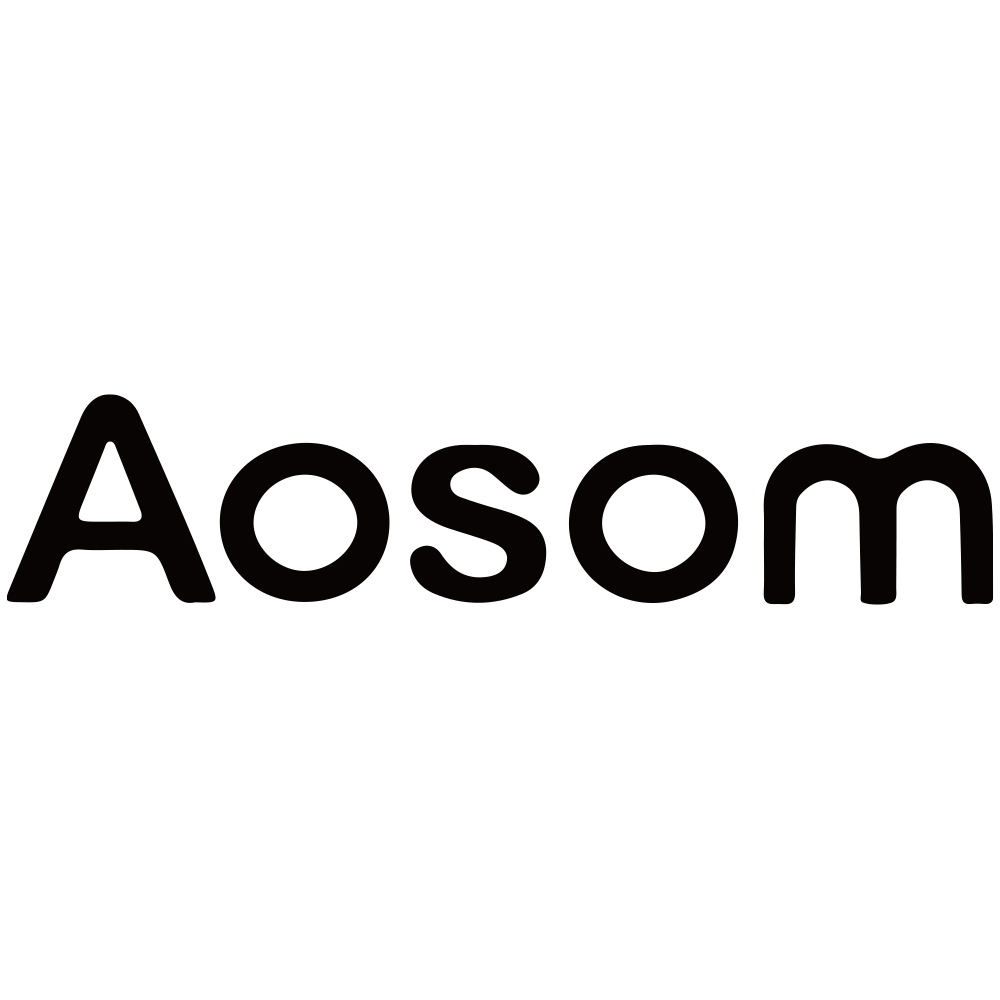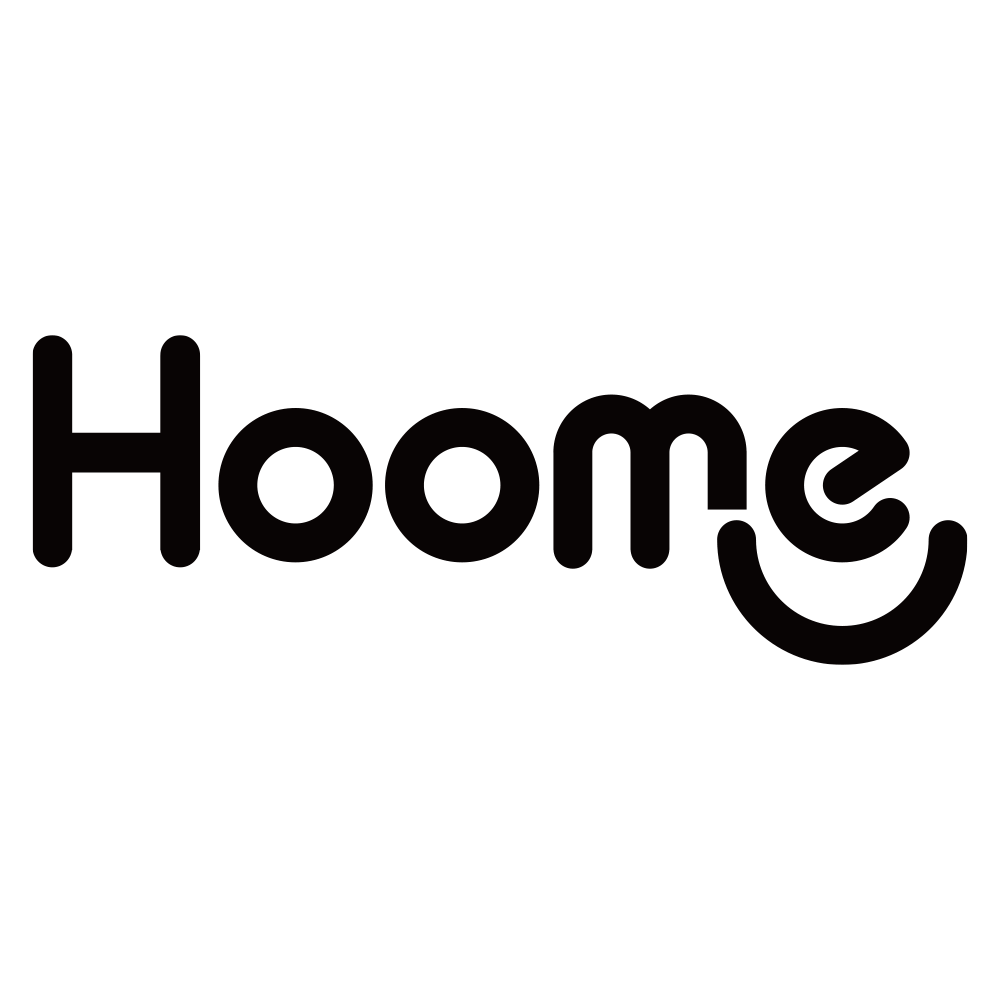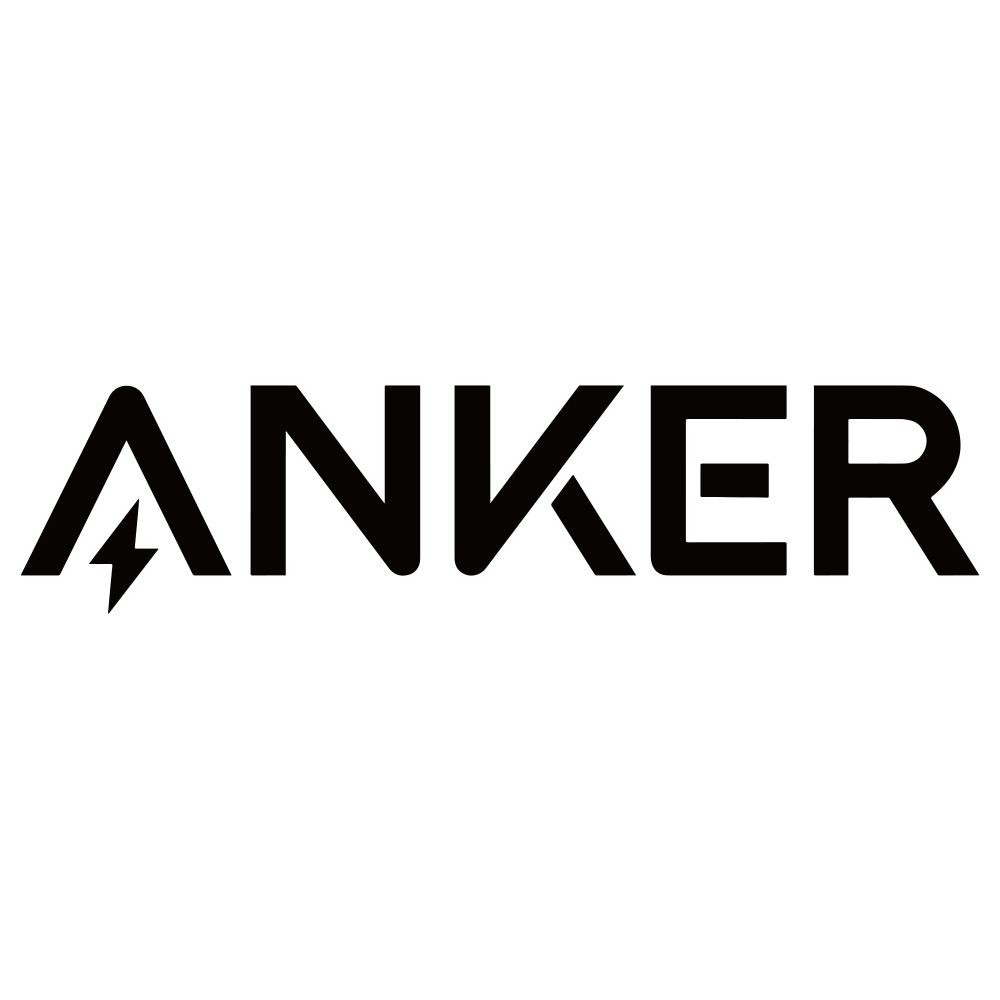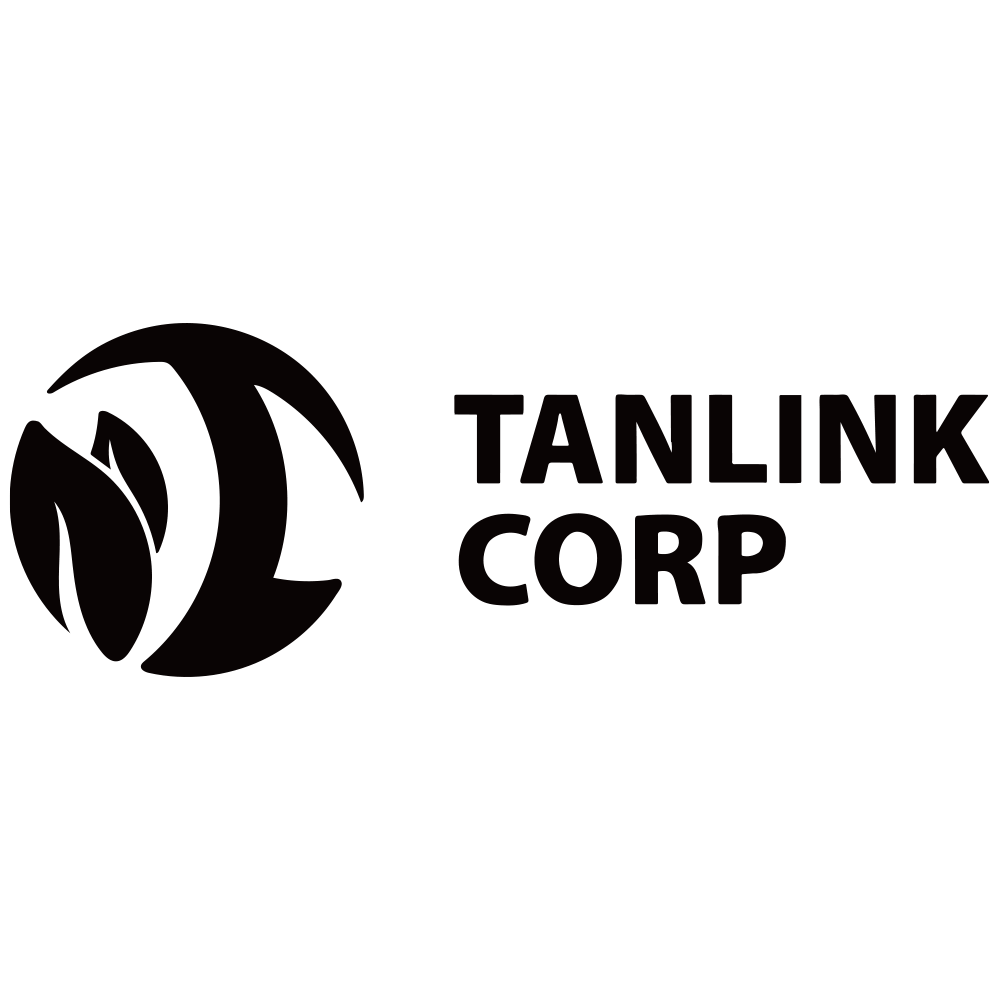Customer service interview questions are important for call center or contact center to screen out outstanding employees who have the ability to provide seamless customer experience and handle challenging situations.
Are you preparing for a customer service interview? What customer service interview questions might you encounter? And how can you answer them? In this blog post, Solvea summarize 16-must know customer service interview questions and answers. Let’s explore them right now.
Common Types of Customer Service Interview Questions
With the rise of AI in customer service, customer service representative (CRS) jobs are also changing. They do not only need to keep an eye on AI tools but also have interpersonal skills and critical thinking to handle complex issues, meet customer needs, and even stay resilient when dealing with complaint.
Here, we conclude several common types of customer service interview questions to help you prepare for the job or recruit the best talent for your customer service team.
Type 1. Personality Customer Service Interview Questions: These questions are commonly used to determine whether you will be a good fit with the company culture.
Type 2. Behavioral Interview Questions for Customer Service: Test the communication and people skills to handle customer issues and learn how to integrate into the current team.
Type 3. Situational Interview Questions for Customer Service: Help companies understand how the job seeker would handle customer issues in common or complex situations.
Type 4. Skills and Experience Customer Service Interview Questions: Gain insights into the candidate's skills and experience in customer service.
Top 16 Customer Service Interview Questions & Answers
This part summarizes 16 frequently asked questions about customer service interviews and offers sample answers. Let’s start exploring them:
Q 1. Tell me about yourself briefly.
It is a standard question that any job candidate will encounter during an interview. It’s mainly used to assess the attitude and ability of the candidate to the customer service role. When responding, you can list skills, interests, or areas of passion using a friendly tone.
Example answer:
Hello, everyone. I’m a recent OSU communications graduate. I seek customer support from your company so that I want to apply my professionals and passions for helping people. I have a cute Labrador and often volunteer at an animal shelter for stray dogs. I’m grateful for today’s chat, eager to learn more and check fit.
Q 2. How do you define good customer service?
When talking about the question, you should focus on philosophy and understanding of what makes customer service excellent. It shows your core values and priorities when interacting with customers. Good customer service not only meets customers’ needs but also provides a positive responsiveness and memorable interaction that fosters customer loyalty.
Example answer:
To me, good customer service means making customers feel valued, heard, and satisfied with interaction. It involves actively responding to customers’ needs, understanding their concerns, empathizing with their frustrations, resolving their issues quickly, and doing my best to exceed their expectations.
Q 3. Why do you want to work as a customer service representative?
It’s a common question to learn your motivation for seeking a job in customer service and verify your value align with the company. When responding, show your passion for helping others, strong communication, and the skills that make you best suited for the role.
Example answer:
I want to be a customer service rep because I truly enjoy helping others and find satisfaction in solving customer issues. My strong communication skills enable me to quickly understand and meet customers’ demands. More importantly, I can use my professional skills to ensure a positive customer experience and maintain their loyalty.
Q 4. What’s your favorite part about working in customer service?
This question mainly helps the company understand what you’re expecting in the role, work environment, and even career path. When answering, you can focus on how your priorities align with the open position, company goals, and customer service objectives.
Example answer:
To me, communication with customers on social media is one of my favorite parts because I feel it’s more conversational than other channels and use emojis. I love providing customer-centric solutions and always want to “wow” them.
Q 5. How do you perform under pressure?
In a customer service role, handling high-pressure or stressful situations is vitally important. It evaluates the ability of the candidate to resolve each situation in a timely manner. You must stay calm, focus on solutions, and manage your time well.
Example answer:
When I’m stressed, I usually take a deep breath and think before acting. To ensure I take the best course of action, I will prioritize all tasks by urgency and handle multiple customer issues efficiently at the same time. I think it’s crucial to stay clear-headed and focus on taking things one step at a time to maintain a positive CX.
Q 6. How do you prioritize your work?
This interview question is a follow-up to the above one, mainly assessing the time management skills of the candidate and how they handle shifting priorities. It involves distinguishing between urgent tasks and using organizational tools to stay on track.
Example answer:
Usually, I prioritize my work by understanding the urgency and importance of each task. I use some tools like to-do lists and digital calendars to track my tasks and deadlines. What’s more, I also communicate with the customer right away, even if I don’t have a resolution for the problem, so they know we’re working on it.
Q 7. How do you handle negative customer feedback?
It is a behavioral question designed to show how the candidate handles internal and external interactions after receiving negative feedback. It helps the company understand the candidate’s communication skills and response measures they might take.
Example answer:
Negative feedback is also valuable for us. It helps me identify potential opportunities to improve the customer service level and products. Listening to customers and acting on their feedback gives the customer a voice and makes them feel valued, which is positive for businesses.
Q 8. What would you do if you didn’t know the answer to a customer’s question?
Not all questions have immediate answers. So, it’s important to be honest and willing to help customers find the correct information.
Example answer:
I’d honestly admit I don’t have the answer right now but assure them I’d try best to find the answer. Then, I would promptly get into information from reliable sources or consult a colleague who might know the answer. Once I get the right answer, I’d follow up with the customer as soon as possible to provide it and ensure that they are satisfied with the response. Transparency and follow-up are key to fostering trust with customers.
Q 9. How do you deal with disagreements with your teammates or managers?
The question is to assess the interpersonal skills of the candidates, ability to communicate with the managers and teammates, and their ability to handle certain situations when teamwork or compromise is needed.
Example answer:
When I was in such situation, I’d focus on the issue itself, not the person. I will listen actively, keep calm, and understand different perspectives to find common ground and work together to explore the resolution. Then draw a clear action plan and follow up to ensure the trust is restored.
Q 10. How do you handle an angry or difficult customer?
It’s inevitable to encounter difficult or angry customers in the job. It requires calm behavior and strong interpersonal skills. The goal is to de-escalate the situation and address the customers’ concerns.
Example answer:
No matter what the situation, I’ll handle it with a calm and professional demeanor. I would listen carefully to their concerns, allow them to express their frustrations without interruption, and assure them I am there to help. My focus is to turn the negative experience into a positive one, fulfill their needs, and ensure they feel valued and heard.
Q 11. Can you give an example to show how you use creative thinking to solve an issue?
In the world of customer service, creative thinking is extremely valuable, especially when standard solutions don’t work. For this question, you should highlight your ability to address issues from different angles and find creative solutions.
Example answer:
I have encountered a customer who was dissatisfied with our product and refused to accept exchanges. I calmed the customer down and put myself into his shoes. After considering from different angles, I offered a personalized solution, including replacement to the product and free upgrade to a related product. This approach makes my customers very satisfied.
Q 12. What skills do you possess that will help you excel in this job?
When answering, it’s crucial to highlight your specific skills and experiences relevant to customer service.
Example answer:
I possess a strong combination of problem-solving, communication, and interpersonal skills that make me excel in this role. In my previous customer service role, I always received positive feedback because I understand customers’ needs and help them solve problems quickly.
Q 13. What do you think is your greatest weakness?
For this question, you should provide the information relevant to this role and describe the measures you have taken to improve and even eliminate the weakness.
Example answer:
I've always struggled with anxiety when communicating with my superiors. To change this, I've been practicing regularly with my friends and family, reaching out to strangers and helping them, which has boosted my confidence. If possible, I hope to be able to actively participate in conversations in this new role.
Q 14. How do you measure your team’s success in this role?
This question is to ensure that you can help your team meet its goals and provide high-quality service. You can focus on critical metrics and regular assessments.
Example answer:
In most cases, I’d measure the success of my team by tracking their KPIs, like customer satisfaction scores, customer effort score, first resolution rate, and average handling time. Besides, I think it’s necessary to hold regular team meetings to discuss our progress and share excellent cases.
Q 16. What are your goals in your career?
Many companies want to know whether candidates can grow and develop with their businesses. You should explain your long-term plans for this position.
Example answer:
My first goal is to become an excellent customer service representative. Then I want to become a leader and oversee a small team to learn how to be a more effective manager.
Q 16. Do you have any other questions about our company?
This question is usually asked at the end of the interview. To learn more valuable information, you should focus on company culture, growth opportunities, and team dynamics.
Example answer:
Yes, I have some questions. Can you tell me more about your company culture and how your team collaborates to achieve goals? Additionally, I’d like to learn about the career development opportunities in this role. I hope to learn more about how I can grow together with the company.
What Do You Need to Prepare for Customer Service Interview
Thorough preparation is key to a successful customer service interview, when it comes to learning more about the company and the position you are applying for. For that:
Research the company thoroughly: visit the official website of the company to get insights into its mission, culture, and values. In addition, you can review its products and services and check for the recent news on social media.
Understand the role requirements: read the job requirements carefully, including specific skills, qualifications, experience, and other responsibilities.
Customize your resume and cover letter: ensure your resume aligns with the role requirements. To do that, you can incorporate relevant keywords from customer service into your resume and emphasize your previous experience.
Practice your interview skills: know all common customer service interview questions in advance and ensure you have prepared to answer these questions.
Best Tips to Answer Customer Service Interview Questions
Learning these tips can help you stand out in a customer service role interview.
- Show your excellent communication skills: communication plays an important role in customer service. Practice expressing your thoughts clearly and concisely. Good communication also involves being patient, professional, and polite.
- Prepare some questions to ask: interviews are on a two-way street. Prepare some in-depth questions, such as company culture and career development opportunities to show that you’re committed and serious about the role.
- Highlight your problem-solving skills: customer service often requires you to solve issues quickly in changing situations. You can share examples about how you stay calm under pressure and satisfy customers.
- Show your enthusiasm for the role: it’s also crucial to show your enthusiasm for the role and convince them that you can make a positive difference to the team.
Customer Service Interview Questions FAQ
1.What is the STAR method for customer service interview questions?
The STAR (Situation, Task, Action, Result) method is a framework for answering behavioral customer service questions.
Situation: Describe the context in which you encounter a challenge or issue.
Task: Explain the task or responsibilities you had in the situation.
Action: Detail the steps you take to solve the task.
Result: Share the outcome of your actions.
2.What questions do I ask at the end of an interview?
At the end of the interview, you can ask some questions about the customer service role, development opportunities, and the company culture to show your engagement and collect valuable information.
3.What are the required skills of customer service?
Usually, good customer service skills include communication, adaptability, efficiency, empathy, relationship management, problem-solving, professional knowledge, and digital literacy.












